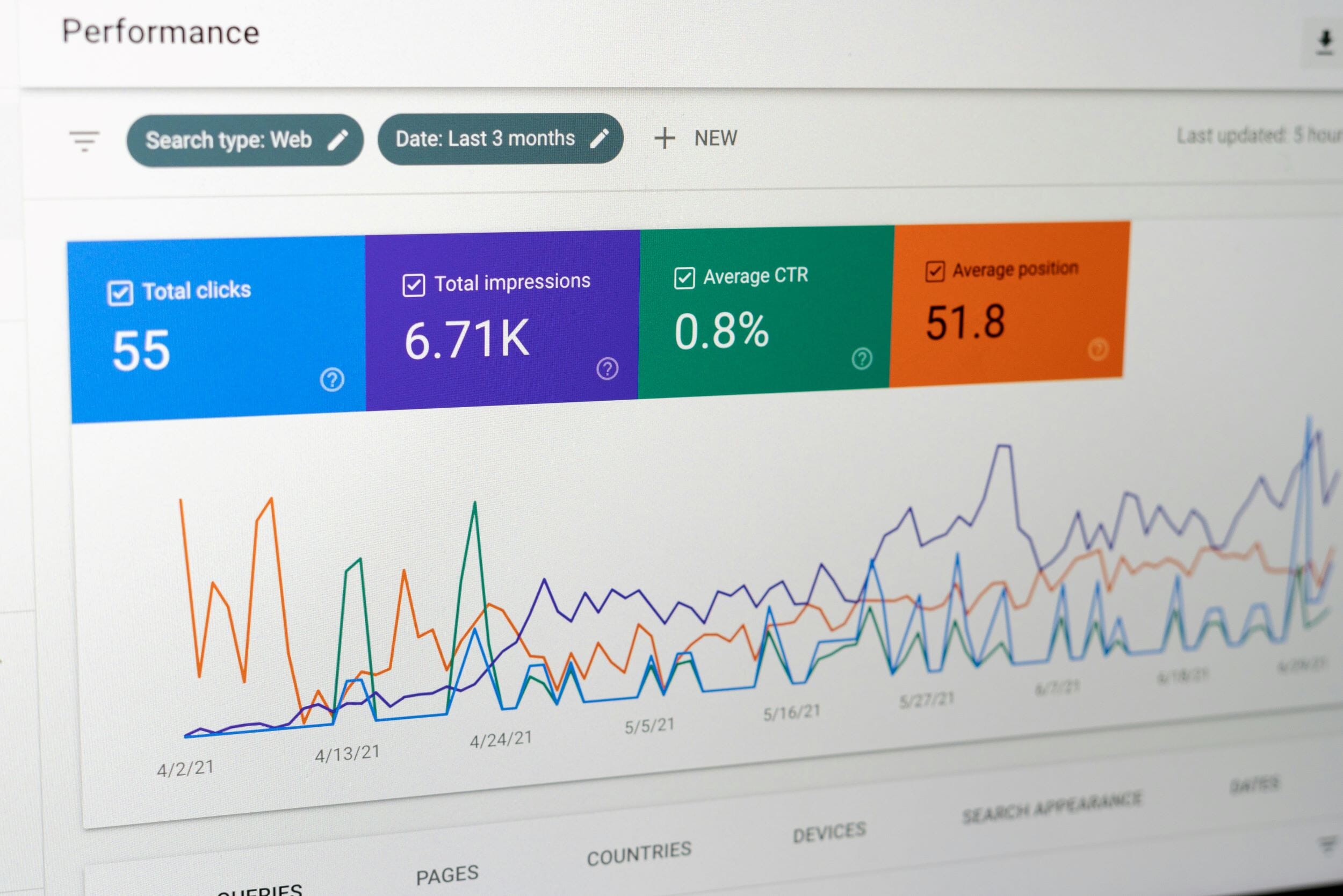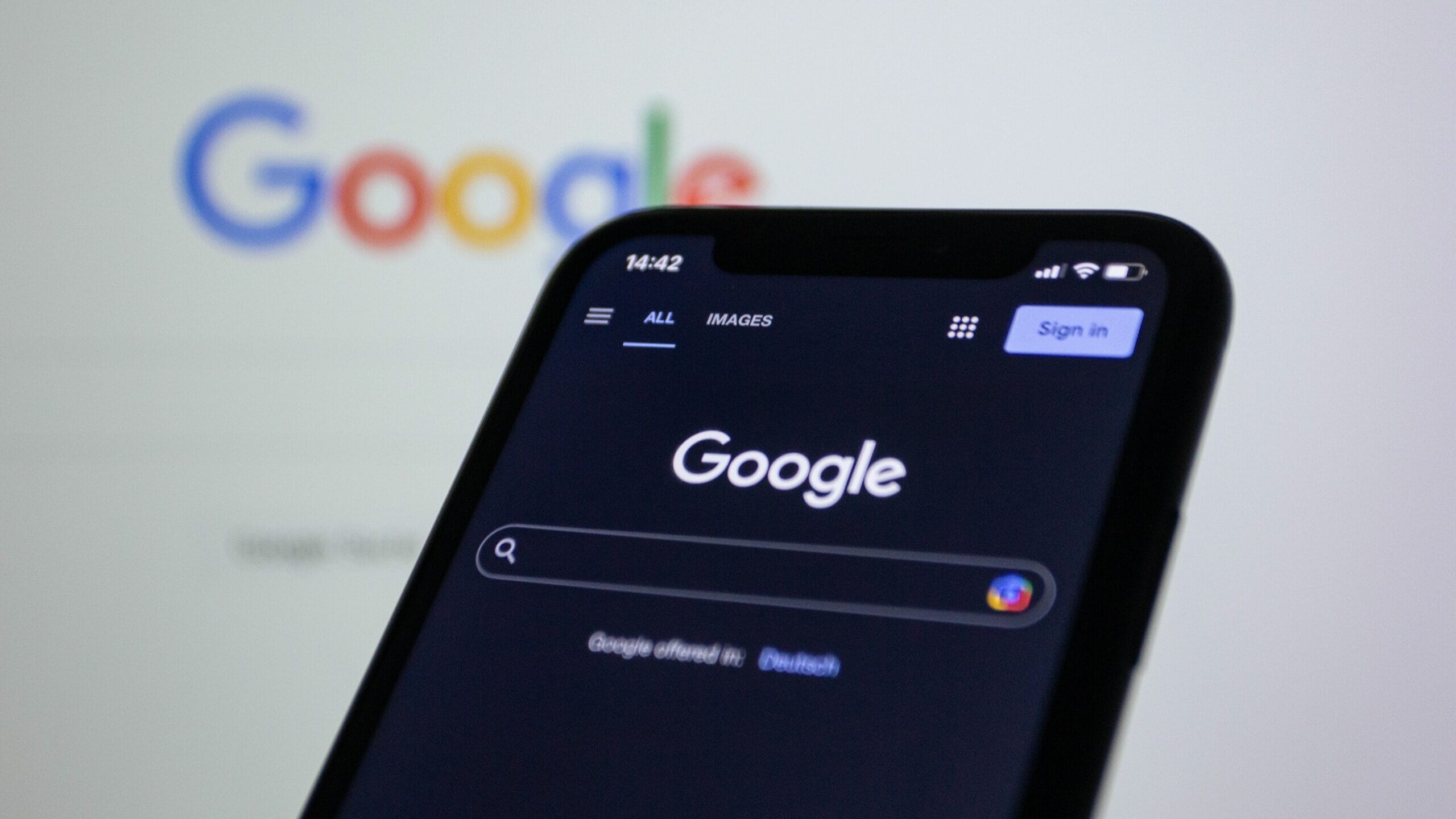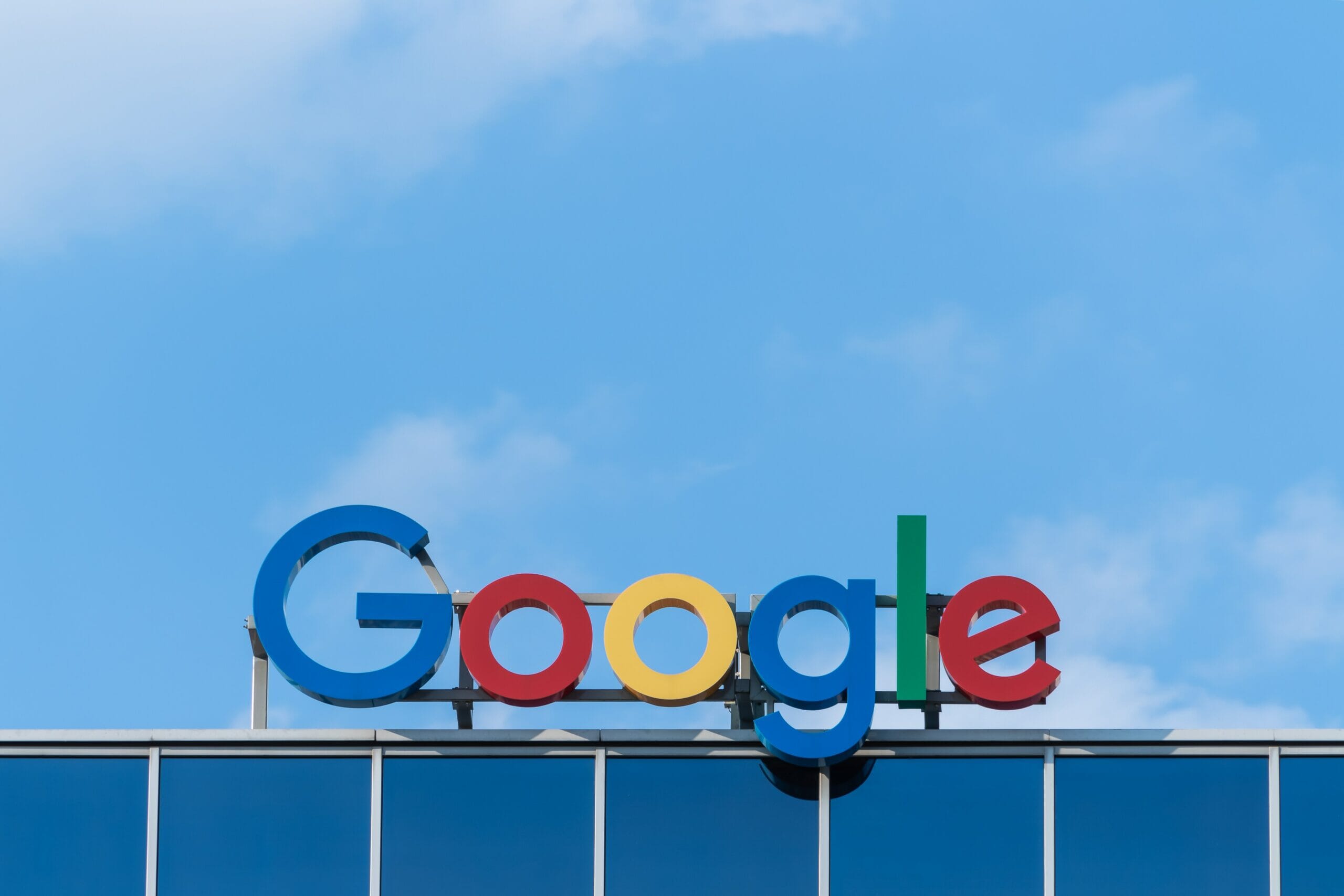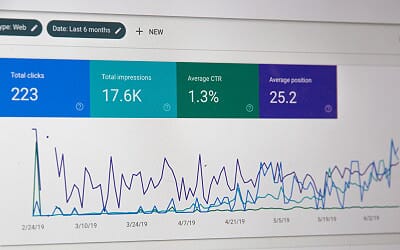Digital PR is a hot topic in SEO. But like many PR agencies, we’ve actually been doing it for years. And that’s high-quality, audience-led digital PR – not the spammy link building that many are claiming as the same. So here’s our perspective on exactly what digital PR is, what it offers your brand, how it’s measured and more:

Blog
What is Digital PR? Our Definition & More...
What is digital PR?
Digital PR is SEO strategy delivered using PR tactics. It’s more than just link building, it’s online brand-building. It’s leaving a trail of online, enduring signs and signals that a business is trustworthy and popular.
A mention of your business in The Financial Times, a link to your product page from a widely respected trade title, an influential journalist talking about you on social. These typically have to be earned, which is why it’s so powerful (when done well). In fact, Google’s John Mueller has even said that digital PR is probably more important than technical SEO.
PR professionals have been masters in reputation-building since before the internet and search engines existed. Google judges rankings based on E-E-A-T (Experience, Expertise, Authority, Trust): signals to evaluate the credibility and reputation of the author, publisher and content.
In other words, Google is looking for signs that a business is trustworthy, and PR professionals are perfectly placed to provide what it’s looking for.
How can digital PR benefit your business?
Improves your SEO – Search engines use backlinks and brand mentions (from relevant, authoritative websites) as ranking signals. It’s exactly like academic research papers. The more your brand is cited in trustworthy, relevant places – the more credibility it has. The result? You’ll be rewarded with better rankings and more visibility in search.
Increases your traffic – Whether it’s through improved target keyword rankings, wider site visibility or increased branded search, digital PR can drive significant traffic to your website. And you’ll also receive some traffic coming straight to your site from the media. Especially if you’re linking to useful onsite content from your coverage – we’d recommend including resources like downloadable reports, online calculators and quizzes, access to full lists and methodologies etc.
Builds your brand – Digital PR gets your brand talked about in the places that matter. It’ll engage your audience, drive brand awareness and ultimately improve your reputation. And as the Google leaks revealed that brand is a key factor in its algorithms – it’ll also contribute to your SEO. But ultimately, digital PR can circumnavigate the need for competition altogether. When done well, it can ensure that you are the brand your customers think of when making a purchase. No need to slog it out in the search results, no need to invest tens of thousands in PPC. Your customers will come directly to you.
How is digital PR different to mainstream PR?
It’s more measurable – digital PR campaigns are typically more measurable than traditional PR. At Energy we track website traffic, SEO, engagement and much more – giving you accurate information on the success and ROI of our campaigns.
It’s more durable – Where mainstream PR (print, broadcast, radio etc.) provides an immediate impact, a digital PR strategy is more durable and accumulates in value over time. The content we create and the coverage we secure are available forever online, developing your digital footprint and futureproofing your brand.
Here at Energy, we haven’t embraced digital at the expense of mainstream or offline PR channels – we know they all form a part of how people consume news and information. The ultimate goal is brand building and reputation that’s achieved both online and offline. And we’re proud to say that we’re great at achieving this. Here’s an example of how we delivered this for our client Wellers Accountants.
How can digital PR be measured?
We use a combination of metrics to build up a holistic picture of how our digital PR activity is performing. We look at the volume and quality of the coverage we achieve, how that translates into more visibility in the Search Engine Results Pages (SERPs) and the downstream impact of an uplift in qualified traffic to your website.
Offsite: like domain authority of coverage, brand mentions, whether a follow link has been included, the quality of the anchor text, number of pieces of coverage.
SERPs: this would also include metrics that are indicative of performance in the SERPs, like Share of Search and rankings for any targeted keywords and phrases.
Onsite: to include organic traffic, clicks from coverage, sales and conversions, content views and any other meaningful actions taken on your website like newsletter sign ups or contact us forms being filled in. This is where the business benefit can be realised – these metrics show how the offsite activity is influencing onsite outcomes.
Top tip: Branded search is a great measure of your brand visibility. Put simply, higher branded search = more people are aware your business. So if you’re not already, start tracking your branded search today. We’d recommend tools like Semrush, Google Search Console and Google Trends to do it.


How do digital PR and technical SEO work together?
Digital PR and SEO work brilliantly hand in hand: it’s much more difficult to succeed if one is missing, or if they’re misaligned. Both should be working towards the same overarching SEO strategy.
Digital PR typically focuses on the offsite brand building: earning mentions on high quality, relevant publications with tactics like press releases, data stories, newsjacking, thought leadership, expert comments and campaigns. Earning mentions and links from key media titles builds the overall authority of a website, which is one leg of the SEO stool. Indeed, research has proved there’s a positive correlation between the number of websites linking to a page and its ranking position.
Technical SEO on the other hand, involves the technical optimisation of a website, like site structure, page speed, mobile performance and user experience, so that it can effectively be crawled, understood and ranked by search engines.
What's the difference between digital PR and link building?
Link building is a transactional tactic that involves placing backlinks on authoritative sites to improve your search engine rankings. Where digital PR has wider impacts on your brand and reputation, link building is far more limited in its scope.
Historically it’s been a powerful SEO tactic, but Google caught on to the industry’s black hat tactics (like buying links) and consequently has been downgrading its value. So as search engines continue to develop, there will be less reliance on links. And more reliance on brand building. Want more details on this? Check out our blog on digital PR vs link building.
Need to grow your traffic and build your brand? Our digital PR experts can help. Get in touch at susannah@energypr.co.uk.
We're always interested in a new PR challenge








